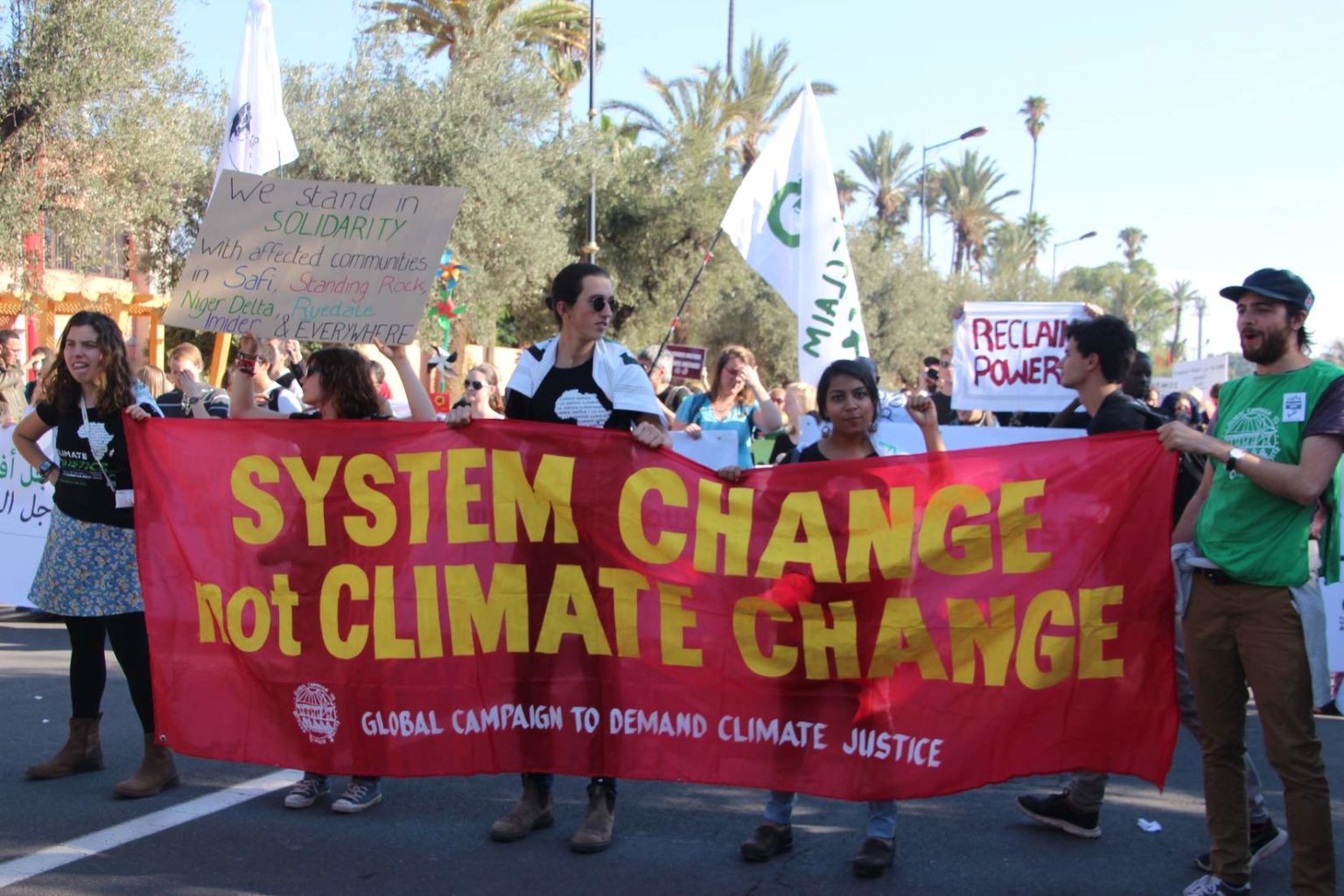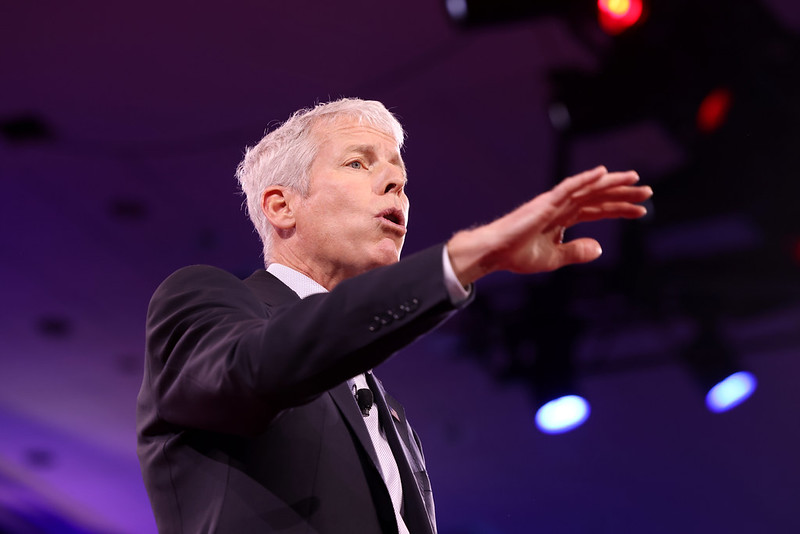By Jake Woodier, a climate and social activist with the UK Youth Climate Coalition
We may look back at 2018 as the defining year that awoke many in the western world to the grave reality of the impact we’re having on the planet.
Record-breaking temperatures, increasing frequency of extreme weather events, droughts, floods, widespread crop failure and the fastest mass-extinction event in history. These are just a few of the myriad and complex effects of climate change happening right now. What’s more, rampant fossil fuel extraction, intensive animal agriculture, deforestation, and expansion of transport and aviation often go toward fueling Western lifestyles.
Young people from around the world are becoming increasingly aware of the intergenerational climate injustices arising from government inaction. Simply put, we will bear the brunt of inaction on climate during recent decades, with those from the most vulnerable communities disproportionately so.
At last, 2018 seems to be the year that we are waking up to the realisation that the impacts of climate change are only worsening, and will continue to do so in the future without rapid and radical action. This is what is inspiring many thousands of young people across the world to ‘Rise For Climate’ this Saturday.
The global mobilisation, taking place across thousands of towns and cities from Jamaica to Japan, has a feeling of renewed urgency with climate justice at its heart.
This is nothing new. Climate change has been ever-present and overbearing for decades; a defining feature of my generation. Despite recently coming to the fore in increasingly visible ways in the western world, climate change has been a fixture of life for marginalised communities and those in developing countries for years.
The Rise for Climate march provides us with an opportunity to do something about this. I hope it can provide a galvanizing springboard to propel a radical and intersectional youth movement in the fight for climate justice.
A lack of trust in the political process, combined with the technical bureaucracy at the heart of climate negotiations disenfranchises vast segments of the population, especially the young. This leaves protests like Rise for Climate and direct action as necessary in the fight against climate change.
While judicial cases in countries such as Colombia, USA, and the UK have highlighted inadequate government action on climate change, at the same time garnering significant media attention, the scale of the issue at hand requires a diversity of tactics.
The organising model of decentralised local action provides autonomy and inspiration for young people, in a move away from traditional large scale marches.
The demands of Rise for Climate that “our local leaders commit to building a fossil free world that puts people and justice before profits” is clear and radical in its simplistic messaging.
Although this radicalism isn’t new, it is indicative of changing attitudes. Its inspiration is drawn from the frontlines of the climate movement, such as those fighting extractivism in Latin America, to the fierce anti-fracking resistance in the UK.
The Rise for Climate messaging taps in to a fostering sentiment among increasingly large amounts of people that radical change is necessary to combat the crisis we face. Where there hasn’t been discontent in the past, we now see widespread and increasing recognition that our economic system is to blame for the climate crisis.
That is why young people have been central in global justice and just transition movements.
Youth involvement in the Rise For Climate marches is the embodiment of an energy, anger, and injustice borne out of the system at fault. We need to turn our emotion into concrete action. We need to utilise our energy and turn it into a force for change. We need a mass movement that challenges the orthodoxy of fossil fuel extractivism, that challenges the environmental destruction caused by the industrial animal agriculture industry, that challenges and holds to account our elected officials on the injustice of their climate inaction.
We are the generation that can lead a movement for a just, equitable and healthy world.
The success of Rise for Climate won’t be judged upon the amount of people that turn out on the day, but on the potential for inspiring that energy, anger, and injustice into a formidable and unstoppable movement for climate justice.
We as young people can be the beating heart at the centre of such a movement.
You can find more information about the global Rise for Climate action here.
The UK Youth Climate Coalition (UKYCC) mobilises and empowers young people to take positive action for global climate justice. More information about UKYCC can be found at here.
Image Credit: Takver/Flickr/ CC BY–SA 2.0
Subscribe to our newsletter
Stay up to date with DeSmog news and alerts






